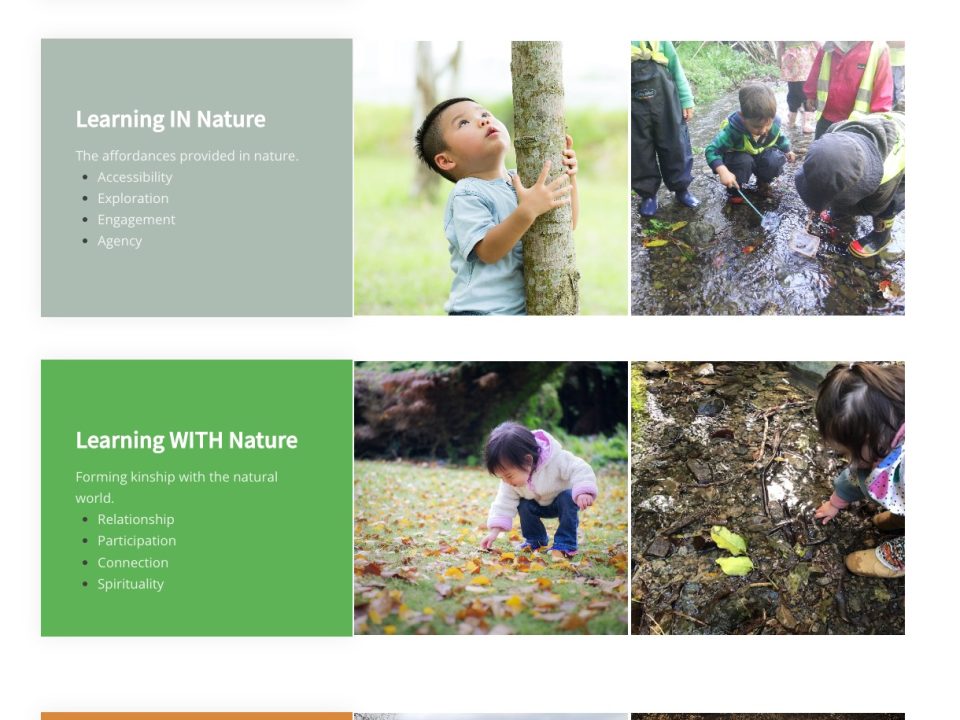Are you going to the OPRA conference in Akron in January?
November 25, 2009Article by Alice Hohl for after-school program educators
December 2, 2009Reprinted from the Peaceful Playgrounds newsletter, courtesy of member Tina Gratitude at Indianola Children’s Center:
Study: “Play” Develops Social Responsibility
Locally and across the nation, time for play has been increasingly squeezed out of preschool and kindergarten. The reason given is that schools, bent on raising student achievement, especially among poor and minority students. The focus on literacy and math skills for children at ever-younger ages is taking center stage. But is this a wise decision?
Research has shown that by age 23, people who attended play-based preschools were eight times less likely to need treatment for emotional disturbances than those who went to preschools where direct instruction prevailed. Graduates of the play-based preschools were three times less likely to be arrested for committing a felony.
“It’s not that direct instruction caused delinquency,” said Larry Schweinhart, director of the HighScope Research Foundation in Ypsilanti, Mich., which conducted the study and developed the play-based curriculum that Arlington uses in all 31 of its preschool classes for low-income children. “But it wasn’t preventing it. It wasn’t giving kids an opportunity to develop socially.”
Why Play? For Additional information, don’t forget to check out the Peaceful Playgrounds Featured article on Play.



